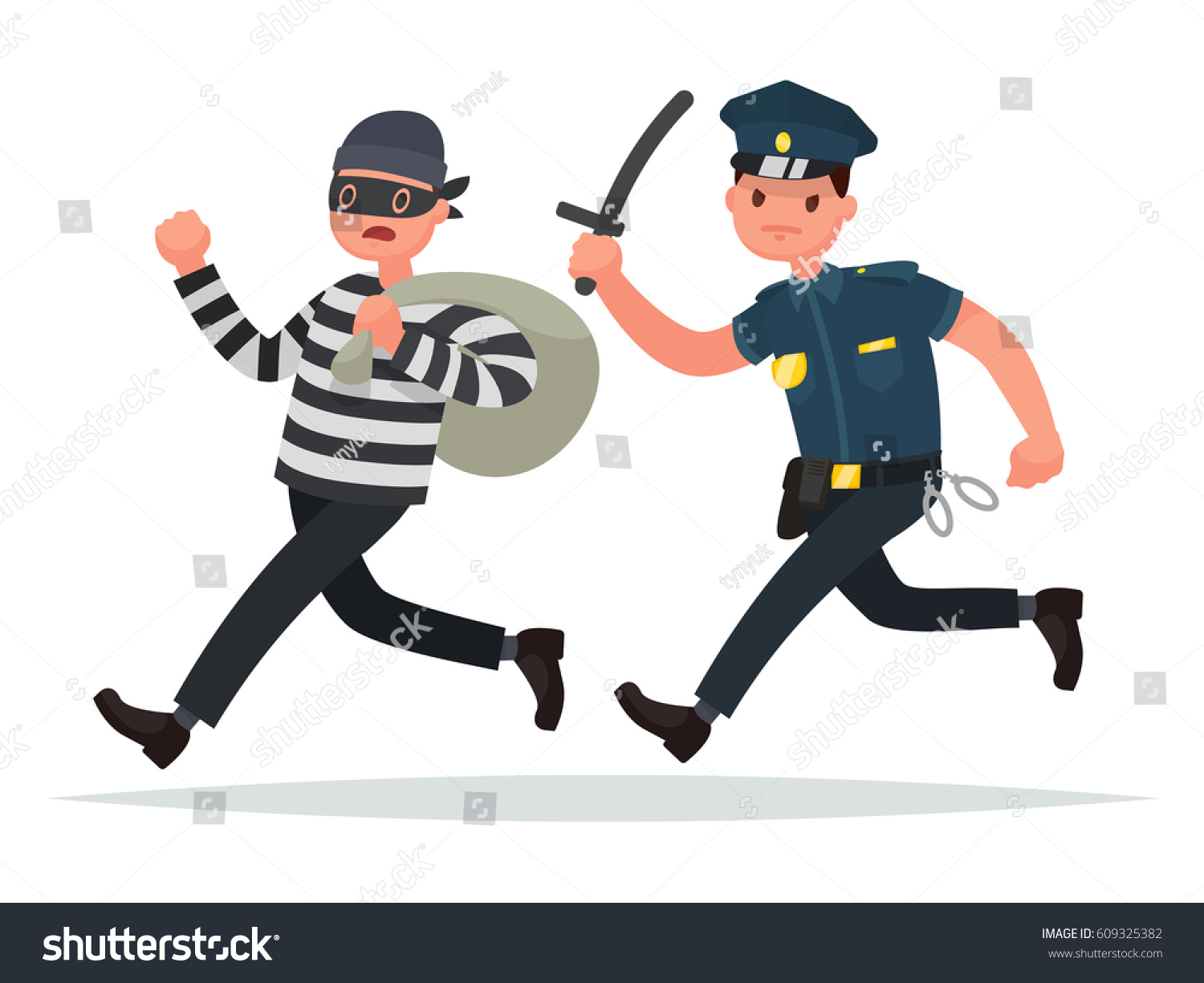Cross-Border Mechanisms For Combating Crime: A Comprehensive Overview

Table of Contents
International Legal Frameworks and Treaties
Effective cross-border crime fighting relies heavily on strong international legal instruments. These frameworks establish the basis for cooperation between nations in apprehending criminals and bringing them to justice.
Extradition Treaties
Extradition treaties are agreements between countries outlining the process of returning fugitives who have fled to another nation to face criminal prosecution. The process can be complex, involving numerous legal and bureaucratic steps. Success hinges on mutual trust and recognition of legal systems, often hampered by differences in legal definitions of crimes and political considerations.
- Examples of successful extradition treaties: The US-UK extradition treaty has a long history of successful implementation, showcasing the potential of collaborative efforts. However, even successful treaties face challenges.
- Challenges posed by differing legal definitions of crimes: A crime considered serious in one country might not be in another, creating hurdles in extradition proceedings. Harmonizing legal definitions is crucial for effective extradition.
- Role of international organizations in facilitating extradition: Organizations like Interpol play a vital role in facilitating information exchange and communication between countries involved in extradition processes.
Mutual Legal Assistance Treaties (MLATs)
Mutual Legal Assistance Treaties (MLATs) are agreements that facilitate cooperation in criminal investigations. They allow countries to request and provide assistance, including exchanging evidence, witness testimony, and other crucial information. MLATs are critical tools for investigating complex, transnational crimes.
- Types of assistance provided under MLATs: This includes obtaining bank records, conducting searches, interviewing witnesses located in another country, and seizing assets.
- Procedures for requesting and obtaining assistance: The process usually involves formal requests through diplomatic channels, followed by the execution of the request by the requested state.
- Effectiveness of MLATs in practice: While MLATs are essential, their effectiveness depends on the willingness and capacity of participating countries to cooperate.
- Obstacles to efficient MLAT implementation: Bureaucracy, differing legal procedures, and resource constraints can impede the swift and efficient implementation of MLATs.
International Criminal Courts (ICCs) and Tribunals
International Criminal Courts (ICCs), such as the International Criminal Court (ICC) and various ad hoc tribunals, play a significant role in prosecuting individuals for serious international crimes. These courts represent a powerful tool for holding perpetrators of genocide, war crimes, and crimes against humanity accountable, even when national jurisdictions are unwilling or unable to do so.
- Jurisdiction of the ICC: The ICC has jurisdiction over individuals accused of the most serious international crimes, but it's important to note that not all countries are members.
- Limitations of the ICC's power: The ICC's power is limited by its jurisdiction and the cooperation it receives from states. Some states actively resist the ICC's authority.
- Relationship between national courts and the ICC: The ICC is meant to be a court of last resort, typically intervening when national courts fail or are unwilling to prosecute.
- Successes and failures of ICC prosecutions: While the ICC has secured several notable convictions, challenges persist, including securing arrests and ensuring cooperation from states.
Interpol and Other International Organizations
International cooperation is paramount in combating transnational crime, and several organizations play a critical role in facilitating this cooperation.
Interpol's Role in Cross-Border Crime Fighting
Interpol, the International Criminal Police Organization, is a crucial player in cross-border crime fighting. It facilitates information sharing, operational support, and training for law enforcement agencies globally. Its databases and communication networks connect law enforcement agencies worldwide, enabling rapid information exchange.
- Interpol's databases and communication systems: These systems allow for quick dissemination of information on wanted individuals, stolen property, and criminal methodologies.
- Interpol's role in fugitive apprehension: Interpol issues notices (red notices, diffusions, etc.) to assist in locating and apprehending fugitives across borders.
- Limitations of Interpol's authority: Interpol itself does not have law enforcement powers; it relies on the cooperation of member states to carry out actions.
- Interpol's collaborations with other international organizations: Interpol works closely with other international bodies, including the UN, to tackle transnational crime effectively.
UN and Other International Bodies
The United Nations Office on Drugs and Crime (UNODC) and other UN agencies play a vital role in developing international norms, providing technical assistance, and coordinating efforts to combat transnational crime. Their initiatives address diverse criminal activities, such as drug trafficking, organized crime, and terrorism.
- UNODC initiatives against drug trafficking, organized crime, and terrorism: These initiatives involve providing training, support, and resources to member states in combating these threats.
- Collaboration between UN agencies and national governments: Effective implementation relies on strong collaborations between UN agencies and national governments.
- Effectiveness of UN-led initiatives: While significant progress has been made, persistent challenges remain in effectively coordinating international responses.
- Challenges in coordinating international responses: The diverse interests and priorities of member states can sometimes create obstacles in reaching consensus and effective action.
Technological Advancements in Cross-Border Crime Fighting
Technological advancements have revolutionized cross-border crime fighting, providing new tools and capabilities to law enforcement agencies.
Data Sharing and Intelligence Gathering
The ability to share criminal intelligence across borders is significantly enhanced by technological advancements. Databases, analytical tools, and secure communication networks allow for the efficient sharing of crucial information.
- Use of databases and analytical tools: These tools enable the identification of patterns, connections, and trends in criminal activities across jurisdictions.
- Challenges in data privacy and security: Sharing sensitive data across borders necessitates robust mechanisms to protect privacy and ensure data security.
- International cooperation in cybersecurity: Cybercrime necessitates international collaboration in addressing cybersecurity threats and disrupting online criminal networks.
- The role of technology in disrupting criminal networks: Technology is increasingly used to track financial flows, identify criminal networks, and disrupt their operations.
Forensic Science and Technology
Advances in forensic science, including DNA analysis, digital forensics, and other advanced techniques, are critical in transnational investigations. These advancements improve the quality and reliability of evidence, enabling more effective prosecutions.
- International standards for forensic evidence: Establishing and maintaining internationally recognized standards for forensic evidence is critical for its admissibility in court across jurisdictions.
- Challenges in cross-border transfer of forensic evidence: Transferring forensic evidence across borders involves legal and logistical complexities, requiring careful coordination.
- Training and capacity building in forensic science: Investing in training and capacity building in forensic science is crucial for strengthening the capabilities of law enforcement agencies globally.
- The role of technology in solving cold cases: Advanced DNA analysis and digital forensics techniques are increasingly used to solve cold cases, even those spanning international borders.
Conclusion
Effective cross-border mechanisms for combating crime are multifaceted and require a coordinated approach. This article highlighted the importance of international legal frameworks like extradition treaties and MLATs, the crucial role of international organizations such as Interpol and the UNODC, and the transformative power of technological advancements in data sharing and forensic science. Effective cross-border crime fighting demands strong international cooperation, robust legal frameworks, and the innovative application of technology. We must continue to strengthen these mechanisms to combat the ever-evolving challenges of transnational crime. Further research into the effectiveness of existing mechanisms and the development of new strategies is crucial. Consider engaging with relevant organizations like Interpol or the UNODC to learn more about how you can contribute to strengthening cross-border mechanisms for combating crime.

Featured Posts
-
 How To Train Your Dragon Live Action Remake Examining A Potential Controversy
May 13, 2025
How To Train Your Dragon Live Action Remake Examining A Potential Controversy
May 13, 2025 -
 Is Den Of Thieves 2 On Netflix This Week Your Streaming Guide
May 13, 2025
Is Den Of Thieves 2 On Netflix This Week Your Streaming Guide
May 13, 2025 -
 Health Department Issues Heat Advisory Rising Temperatures Prompt Urgent Warning
May 13, 2025
Health Department Issues Heat Advisory Rising Temperatures Prompt Urgent Warning
May 13, 2025 -
 Chris Packham Slams Trumps Absurd Climate Change Decision
May 13, 2025
Chris Packham Slams Trumps Absurd Climate Change Decision
May 13, 2025 -
 Johansson Vs Open Ai The Debate Over Ai Voice Cloning And Consent
May 13, 2025
Johansson Vs Open Ai The Debate Over Ai Voice Cloning And Consent
May 13, 2025
